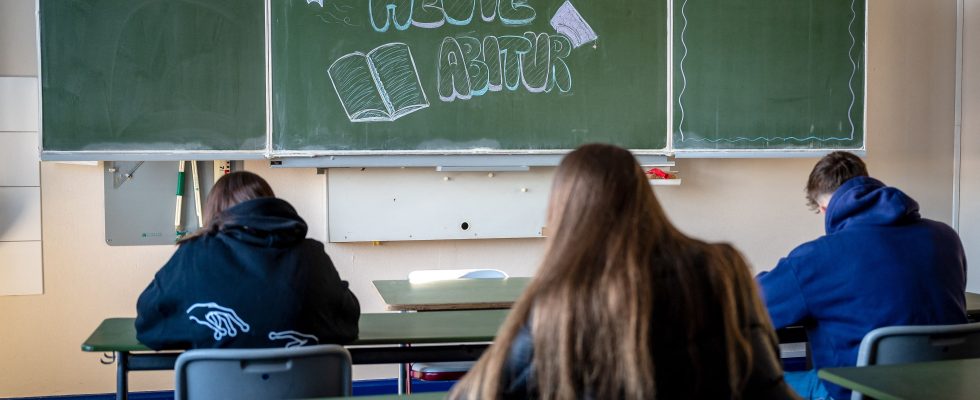In Germany, the 2022 Pisa ranking will not have the same effect as in 2001. “Despite a decline in the country, the result will not trigger a shock in the political class as it did more than twenty years ago. Germany remains average, and that is the most important, analyzes Dennis Niemann, education policy expert at the University of Bremen. We know that our system has flaws and we continue to reform it. At the time , we didn’t want to accept it.” And this specialist puts forward a hypothesis: “The strong immigration of recent years, with the arrival of several million refugees, may have played a significant role in this decline.”
In 2001, the situation was indeed completely different. The Germans truly believed they had the best teachers and the best students on the planet. At the time the Pisa ranking brutally proved them wrong. 1 in 5 third graders could not read correctly. Out of 32 countries, Germany came in the bottom third for reading, natural sciences and, above all, maths, the queen discipline in the “land of engineers”. “It was a shock which can be explained by the fact that the Germans had remained focused on the past. We had never had the idea of questioning the system. Nobody saw any reason to change anything! ” summarizes Dennis Niemann.
“Are German schoolchildren idiots?”
In 2001, reactions were initially very emotional. At the time, Germany, “the red lantern of Europe”, was unable to emerge from the serious economic crisis into which it had fallen after reunification. “The publication of the Pisa ranking was like a coup de grace,” remembers our expert. Guido Westerwelle, then leader of the Liberal Democratic Party, described the education ministers of the 16 Länder, responsible for education, as “snorers”. Among the reasons for the “educational disaster”, the German press cited the “lack of discipline” in schools, too short timetables, poorly trained teachers or the integration of immigrant children which would have lowered the school’s grade. ‘Germany. “Are German schoolchildren idiots?” even wondered Spiegel.
The “Pisa shock” of 2001 brought a salutary awareness. Berlin and the Länder have launched profound reforms of the education system. And, in the space of eight years, Germany has returned above the average. It was one of the only OECD countries to have made regular progress in all areas of the Pisa study between 2000 and 2009. “The State has invested a huge amount of money, especially in schools attended by disadvantaged social backgrounds” , explains Dennis Niemann. German language teaching now begins in kindergarten. The State has launched a program to double the number of nursery places and encourage parents to send their children to preschool. “Learning to read and write before primary school was truly a revolution in Germany,” recalls a parent of a French student living in Berlin.
We have designed more comprehensive school programs, standardized curricula, and diversified teaching streams. Most schools are now also open in the afternoon (another revolution!), which has made it possible to considerably increase lesson times. The number of years to reach the Abitur (the German baccalaureate) has been shortened from 13 to 12. “The objective of the public authorities is no longer only to know whether the quota of teachers is filled but to “achieve students’ knowledge goals,” continues Dennis Niemann.
After the shock of 2001, the Germans themselves began to regularly monitor the level of their students. Several organizations monitoring were created, such as the Institute for Quality in Education, in 2004, or, at the Federal Ministry of Education, Iglu, an international comparative assessment tool for reading level in primary schools.
40% of students from immigrant backgrounds
These regional rankings also helped to stimulate competition between the 16 Länder. Traditionally, southern regions are better off than those in the north. Large city-regions with a large immigrant population, such as Bremen or Berlin, are at the bottom of the rankings. The arrival of several million refugees since 2015, notably Syrian and Ukrainian, should change the situation in the next rankings, especially regarding reading.
In German schools, around 40% of students today have an immigrant background, or even more than 50% in urban areas. “If the general level of students has been raised, inequalities in education have remained,” notes Dennis Niemann, before adding: “What we can see in the 2018 and 2022 rankings is is that Germany has recovered, but cannot join the leading pack despite the immense educational efforts deployed.”
